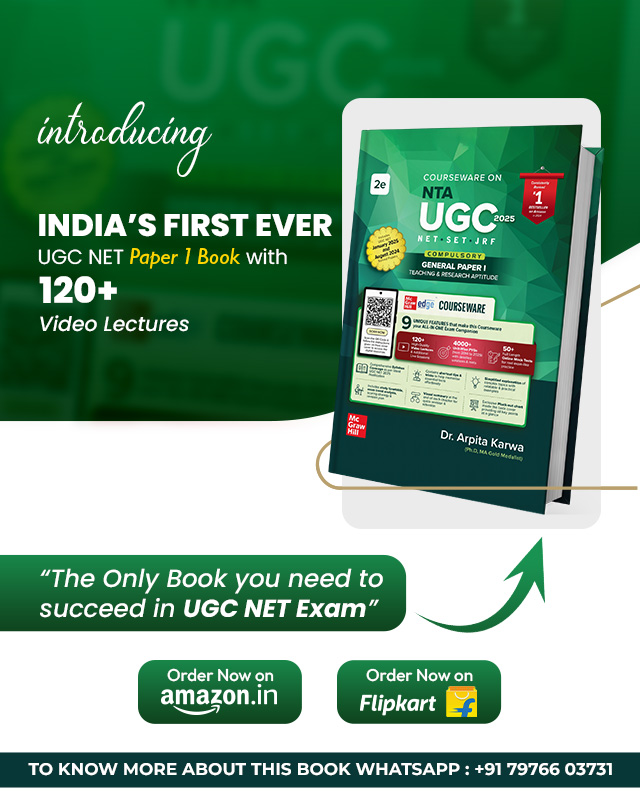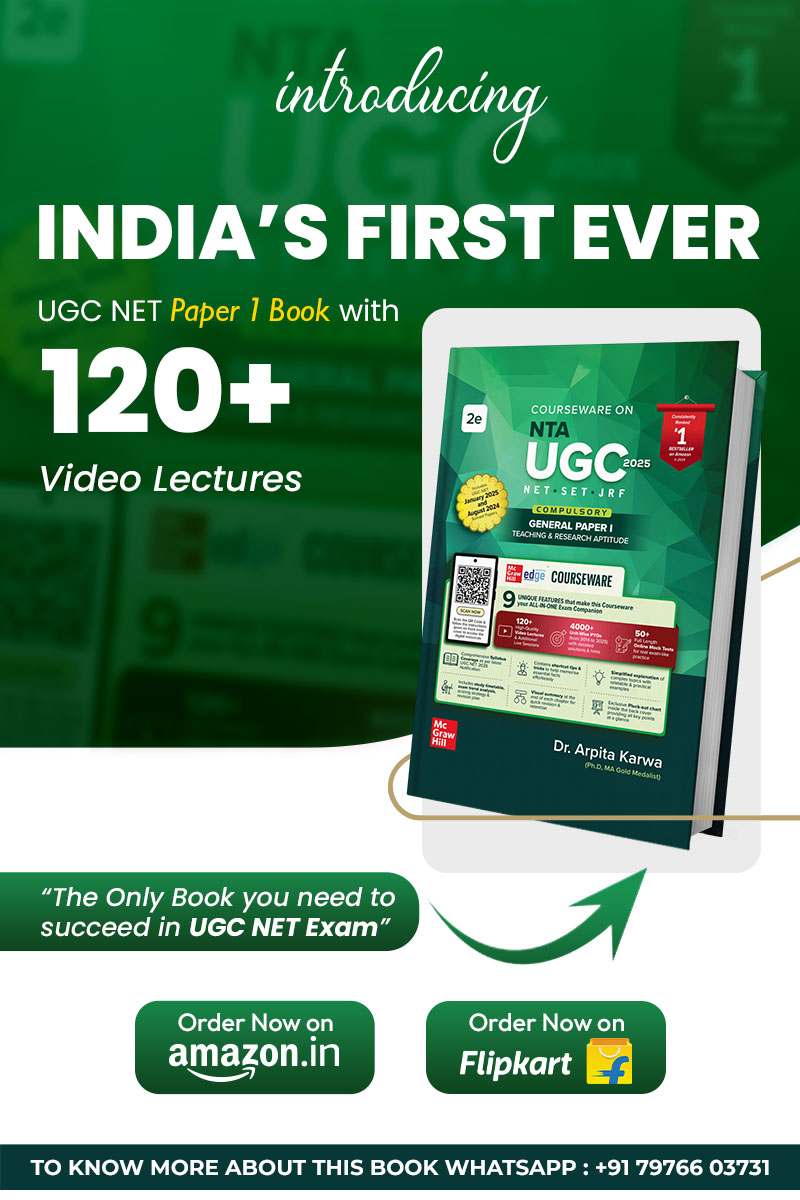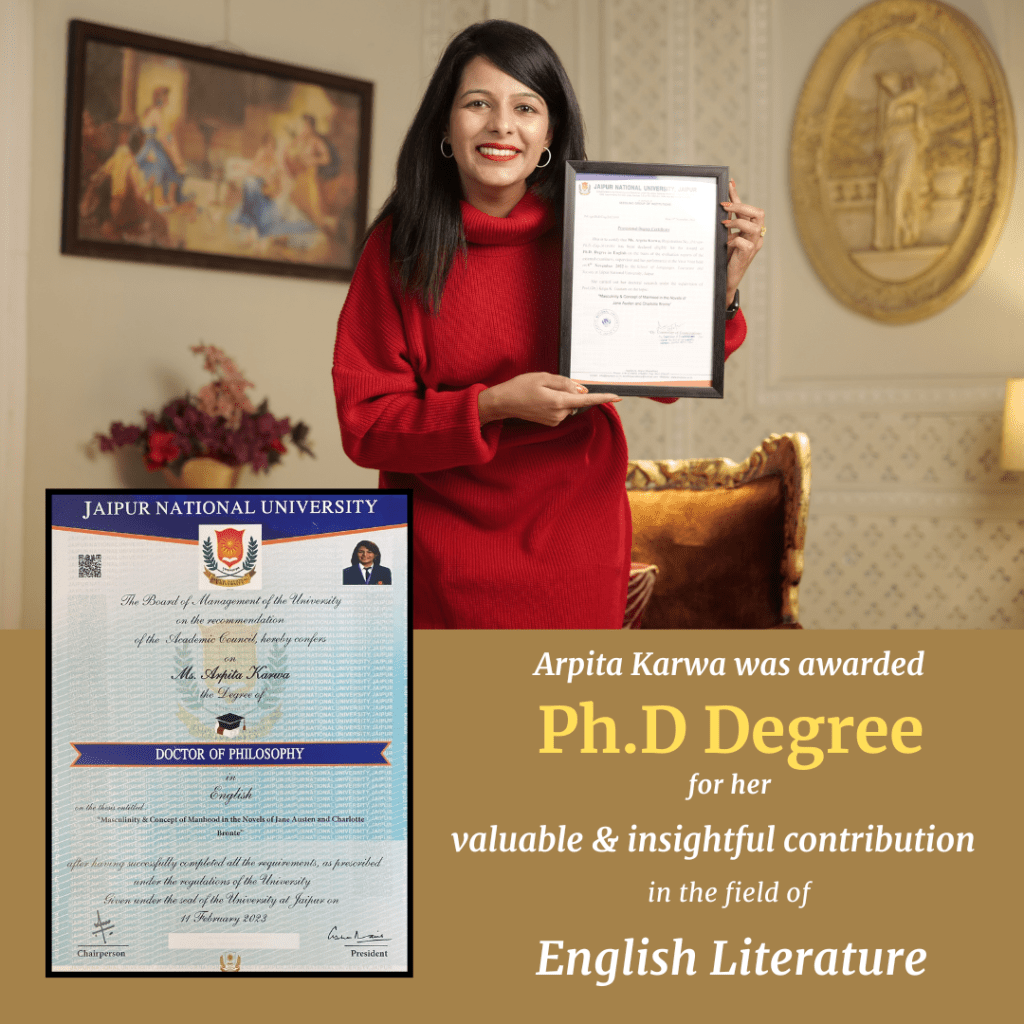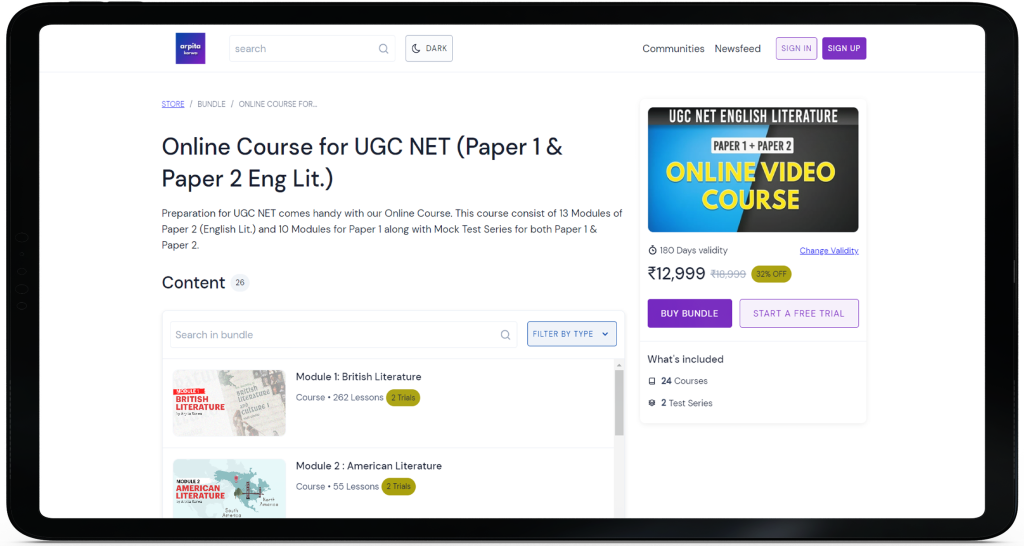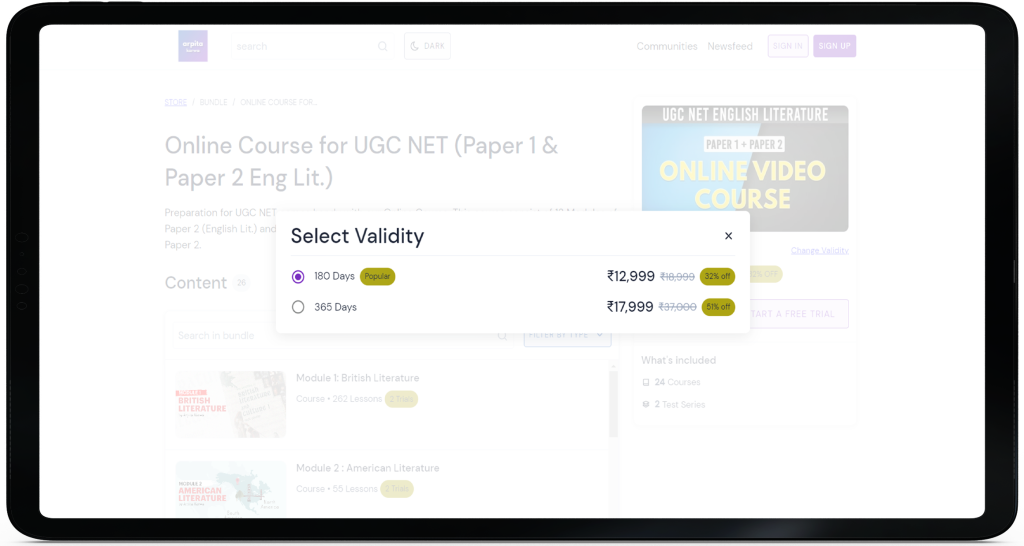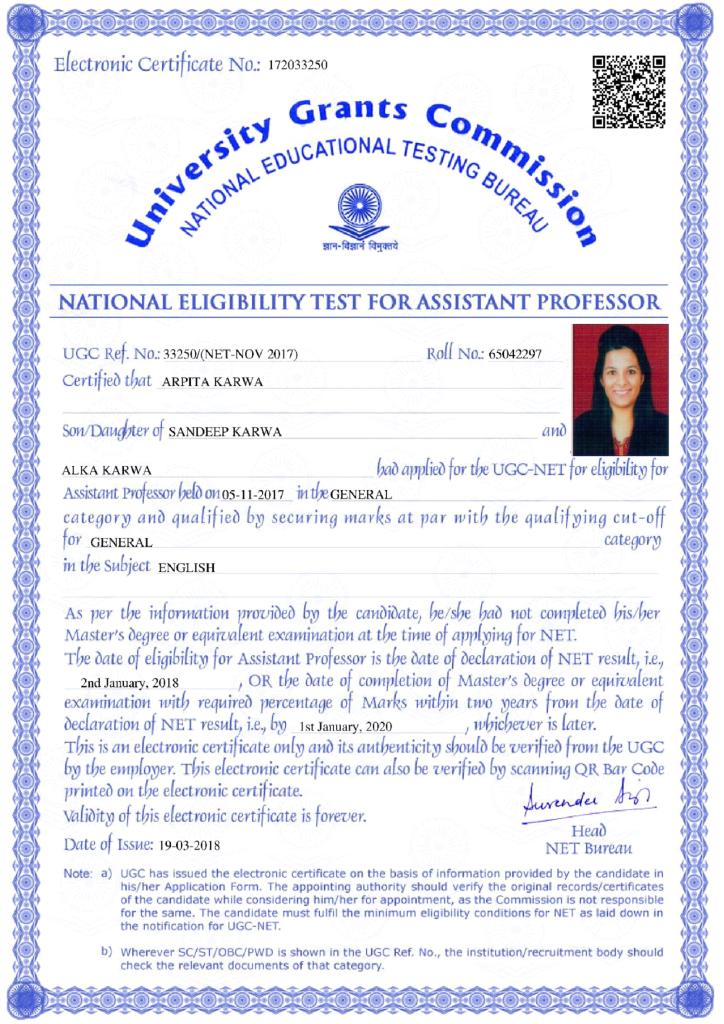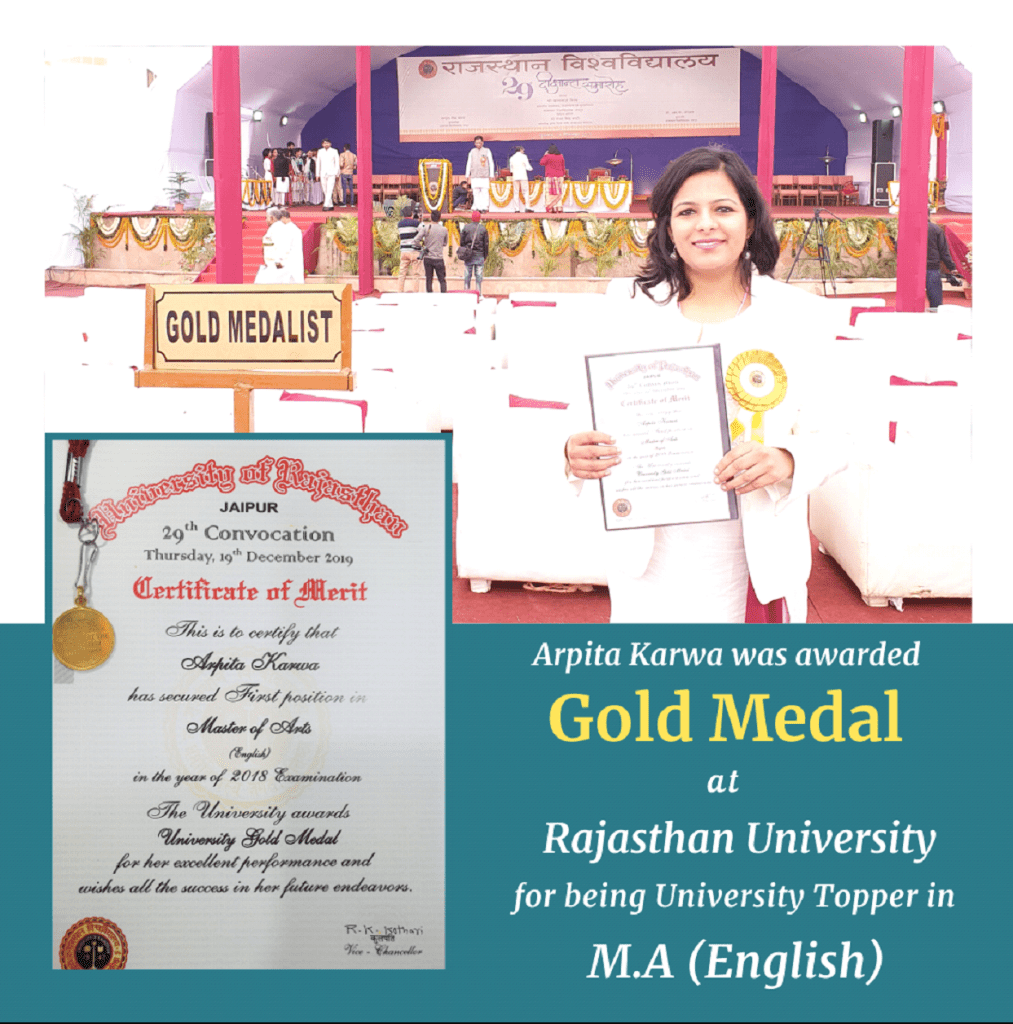HIMACHAL PRADESH SET 3
June 20, 2023 2023-12-18 15:57HIMACHAL PRADESH SET 3
Himachal Pradesh Set 3
Q.1) Identify the key features of a Brechtian Theatre?
(1) Montage
(2) Explanatory Caption
(3) Anti-illusive technique
(4) Catharsis
(5) Compact plot
Codes
(A). (1), (2), (3)
(B). (2), (3), (4)
(C). (2), (4), (5)
(D). (2), (4), (5)
Questions (2-4) are based on the following passage:
On the day of the explosion
Shadows pointed towards the pithead:
In the sun the slagheap slept
Down the lane came men in pit boots
Coughing oath-edged talk and pipe-smoke,
Shouldering off the freshened silence
One chased after rabbits: lost them;
Came back with a nest of lark’s eggs;
Showed them; lodged them in the grasses
So the passed in beards and moleskins
Fathers, brothers, nicknames, laughter
Through the tall gates standing open
At noon, there came a tremor; cow
Stopped chewing for a second; sun,
Scarfed as in a heat-haze, dimmed
The dead go on before us, they
Are sitting in God’s house in comfort,
We shall see them face to face
Plain as lettering in the chapels
It was said, and for a second
Wives saw men of the explosion
Gold as on a coin, or walking
Somehow from the sun towards them
One showing the eggs unbroken
Q.2) Identify the meter of the above poetic lines:
(A) Combination of iambic and Anapaestic meter
(B) Iambic Pentameter
(C) Dactylic meter
(D) Trochaic tetrameter
Q.3) Which of the following statements are correct in the context of the poem?
Choose from the given codes:
(1) The speaker of the poem is an observer and commentator on the crucial event of the poem, an explosion at a mine
(2) The language is clearly that of a worker who is a part working-class people that the poem
(3) The poet is not involved in the lives of workers but attempts to render their nature and represents experience as fully and truthfully as possible
Codes:
(A). Only (3)
(B). (1) and (2)
(C). (1) and (3)
(D). (2) and (3)
Q.4) The vision of the……… is only “for a second”, but it is offered as an alternative view of the afterlife
(A) Cows
(B) Wives
(C) Nest of lark’s eggs
(D) God’s house
Questions (5-7) are based on the following passage:
The tragic emotion, in fact, is a face looking two ways, towards terror and towards pity, both of which are
phases of it You see I use the word ARREST I mean that the tragic emotion is static Or rather the dramatic
emotion is The feelings excited by improper art are kinetic, desire or loathing Desire urges us to possess,
to go to something, loathing urges us to abandon, to go from something The arts which excite them,
pornographically or didactic are therefore improper arts The aesthetic emotion ( used the general term) is
therefore static The mind is arrested and raised above desire and loathing
This passage belongs to:
(A) Greek Literature
(B) Children’s Literature
(C) A 20th Century novel
(D) Pastoral Literature
Q.6) The central theme of the passage is:
(A) The merits of aestheticism
(B) The demerits of pornography
(C) The definition of tragedy
(D) The difficulty of dramatizing emotions
Q.7) On the basis of the passage, it can be inferred that the author:
(A) Assigns little value to emotions
(B) Is an artist planning to accept priesthood
(C) Is a priest who believes that art is a cardinal sin
(D) Assigns high value to aesthetic pleasure
Questions (8-12) are based on the following passage:
He that hath wife and children hath given hostages to fortune; for they are impediments to great
enterprises, either of virtue or mischief Certainly the best works, and of greatest merit for the public
have proceeded from the unmarried or childless men; which both in affection and means have married and
endowed the public Yet it were great reason that those that have children should have greatest care of
future times; unto which they know they must transmit their dearest pledges Some there are, who though they
lead a single life, yet their thoughts do end with themselves, and account future times impertinences,
Q.8) Which one of the following gives best expression to the central message of the passage?
(A) Men should not marry because marriage mars their fortunes
(B) Men should not marry as best works of greatest merit for public good comes from unmarried men
(C) Men should not marry as marriage is an impediment to their virtuous lives
(D) Men should not marry to remain free from the burdens of family responsibility
Q.9) The passage emphasises the single life of
(A) Men
(B) Women
(C) Both men and women
(D) None of these
Q.10) The above extract bears the impression of:
(A) Neoclassical writing
(B) Romantic writing
(C) Victorian writing
(D) Elizabethan writing
Q.11) “Dearest pledges” in the passage stands for:
(A) Liberty
(B) Children
(C) Wife
(D) Both wife and children
Q.12) Which one of the following essayists style of writing echoes from the given extract?
(A) Francis Bacon
(B) Charles Lamb
(C) John Ruskin
(D) John Masefield
Q.13) When was English introduced in India?
(A) 1832
(B) 1835
(C) 1857
(D) 1858
Q.14) This Elizabethan Puritan critic denounced the poets as “father of lies”, “school of abuses”, and caterpillars of a commonwealth
(A) William Tyndale
(B) Roger Ascham
(C) Stephen Gosson
(D) Henry Howard
Q.15) Match the following and choose the answer from the given codes:
‘A’
(a) Homi Bhabha
(b) Theodor W Adorno
(c) Roland Barthes
(d) Michel Foucault
‘B’
(1) The History
(2) Mythologies of Sexuality
(3) The Location of Culture
(4) The Culture Industry
Codes:
(A). (a)-3, (b)-4, (c)-2, (d)-1
(B). (a)-2, (b)-2, (c)-1, (d)-4
(C). (a)-3, (b)-2, (c)-4, (d)-1
(D). (a)-4, (b)-3, (c)-2, (d)-1
Q.16) Which of the following best describes Pathetic Fallacy?
(A) Some human emotions or feelings being ascribed to an inanimate natural object
(B) Conversation or speech characterized by quick, witty comments or replies
(C) An incantation used to invoke a deity or the supernatural
(D) An ingenious or fanciful comparison or metaphor
Q.17) Pick the correct order of bibliographical documentation details according to the latest MLA style
(A) Edward W Said Orientalism, Penguin, 1978
(B) Said, Edward W. Orientalism, Penguin, 1978
(C) Said, Edward W. (1978), Orientalism Penguin
(D) Edward W. Said (1978), Orientalism, Penguin
Q.18) Fill in the gap in the following excerpt with the suitable option:
“A subtype of the is the discussion play, in which the social issue is not incorporated into a plot but expounded in the give and take of a sustained debate among the characters”:
(A) Modern problem play
(B) Theatre of Idea
(C) Epic Theatre
(D) Shakespearean Play
Q.19) Which of these statements are incorrect in reference to Metaphysical poetry?
Choose from the given codes
(1) Metaphysical poetry uses scientific, medical and legal words and phrases to create arguments about the philosophical aspect of life
(2) With the reaction against Elizabethan ideas and Techni Quest, the old rhetorical contrived style gave way to a more condensed style, following more closely the wording and rhythms of everyday speech
(3) The Metaphysical often deliver spectacular philosophical ideas, and set out highly emotional situations in an off-hand way, and accompany them with humour and sometimes with paradox
(4) The arrival of the Renaissance and the Church Reformation and the humanism that followed paralleled and advent of the Metaphysical period in poetry
Codes:
(A) Only (3)
(B) Only (1)
(C) None
(D) (2) and (4)
Questions (20-22) are based on the following passage:
My Reconcilement to the Yahoo-kind in general might not be so difficult, if they would be content
with those Vices and Follies only which Nature hath entitled them to am not in the least provoked at the
Sight of a Lawyer, a Pick-pocket, a Colonel This is all according to the due Course of Things: But, when I
behold a Lump of Deformity, and Diseases both in Body and Mind, smitten with Pride, it immediately breaks
all the Measures of my Patience, neither shall I ever be able to comprehend how such an Animal and such a
Vice could tally together
Q.20) The above extract is taken from:
(A) A classical text
(B) A political manifesto
(C) A scientific research
(D) A text engaged with social criticism
Q.21) The author appears to imply that the “Yahoos are suffering due to:
(A) Their excessive yet shallow pride
(B) Their deformed physique
(C) Their anti-social animalist behavior
(D) Their professional choices
Q.22) The ‘Yahoos’ being talked about in the extract are:
(A) A race of talking horses
(B) Seemingly normal people who are immortal
(C) Deformed creatures that resemble human beings
(D) A race of tiny people
Q.23) Which of these statements is incorrect in the context of Virginia Woolf’s A Room of one’s
(A) Woolf argues that in order for women to write fiction “A woman need not to have money and resources but only a room of her own.
(B) According to New York Times book reviewer Mary Gordon, it must be noted that Woolf is not writing about the rights of all women, just a certain type of woman.
(C) One of Woolf’s most famous Quotes “One cannot think well, love well, sleep well, if one has not dined well also originates from this essay.
(D) Woolf refutes the widely held assumption that women are inferior writers, or inferior subjects, instead locates their silence in their material and social circumstances.
Q.24) Noam Chomsky’s concept of competence and performance is somewhat similar to:
(A) Saussure’s concept of Langue and Parole.
(B) Chomsky’s Universal Grammar and Second Language Learning.
(C) Roman Jacobson’s the referential and poetic functions of language.
(D) Edward Sapir’s concept of Language drift.
Q.25) What was the official language of India before English?
(A) Hindi
(B) Urdu
(C) Persian
(D) Sanskrit
Q.26) Which of the following statements is incorrect in the context of Dryden’s An Essay on Dramatic Poesy!
(A) Eugenius favors the moderns over the ancients, arguing that the moderns exceeds the ancients because of having learned and profited from their example
(B) Crites argues in favor of the ancients that they established the unities
(C) Lisideius argues that French drama is inferior to English drama
(D) Neander favours the moderns, but does not disparage the ancients
Q.27) Which of the following statements are connect about Pierre Bourdieu’s notion of Habitus?
Choose from the given codes:
(1) A durable, transposable system of values, practice and dispositions
(2) Early socialization which forms the basis of all subse quent experiences
(3) A set of dispositions of a particular social or ethnic group
(4) A lived network of dispositions which is both structured and structuring
Codes:
(A) (1), (2) and (3)
(B) (2), (3) and (4)
(C) (1), (3) and (4)
(D) All of the above
Q.28) The collective unconscious is a concept originally defined by psychoanalyst and is sometimes called the
(A) Carl Jung, Objective Psyche
(B) Sigmund Freud, Superego
(C) William James, Stream of Consciousness
(D) Ivan Pavlov, Classical conditioning
Q.29) In the MLA format, which of the following elements would you typically include in a parenthetical citation that immediately follows an in-text quotation?
(A) Title of the source and the year of publication
(B) Author’s last name and the page number
(C) Title of the source and the page number
(D) Author’s last name and the year of publication
Q.30) Which one of the following is not correct about Romantic comedy?
(A) It was developed by Elizabethan dramatists on the model of contemporary prose romances such as Thomas Lodge’s Rosalynde (1590)
(B) Such comedy represents a love affair that involves a beautiful and engaging heroine
(C) The course of love in a Romantic comedy runs smooth and the play ends in a happy union of the lovers
(D) Many of the boy-meets-girl plots of later writers are instances of romantic comedy
Questions (31-34) are based on the following passage:
Fear death? to feel the fog in my throat The mist in my face,
When the snows begin, and the blasts denote
I am nearing the place
The power of the night, the press of the storm
The post of the foe:
Where he stands, the Arch Fear in a visible form,
Yet the strong man must go
For the journey is done and the summit attained
And the barriers fall,
Though a battle’s to fight ere the guerdon be gained
The reward of it all
I was ever a fighter, so-one fight more
The best and the last!
I would hate that death bandaged my eyes and forbore,
And bade me creep past No! let me taste the whole of it, fare like my peers
The heroes of old,
Bear the brunt, in a minute pay glad life’s arrears
Of pain, darkness and cold
For sudden the worst turns the best to the brave,
The black minute’s at end,
And the elements’ rage, the fiend-voices that rave,
Shall dwindle, shall blend
Shall change, shall become first a peace out of pain,
Then a light, then thy breast O thou soul of my soul! I shall clasp thee again,
And with God be the rest!
Q.31) The poem is a:
(A) Dramatic Monologue
(B) Heroic Verse
(C) Ode
(D) Soliloquy
Q.32) Which of the following statements does not apply in the context of this poem?
Choose from the given codes:
(1) The poet wants to reunite with a beloved who has died before him
(2) The poet shows the will to not falter before death even though its imminence perverts the journey of life, but instead will march forward heroically and face it head-on
(3) The speaker refuses to consider taking a coward’s route to death and approaching it with anything less than full confidence
(4) The poem suggests that the imminence of death makes life into a “battle” and that life leads to “pain, darkness and cold “
Codes:
(A). (1) and (2)
(B). (1), (2) and (3)
(C). (3) and (4)
(D). None of the above
Q.33) What do the underlined words symbolise
Where he stands, the Arch Fear in a visible form
Yet the strong man must go:
For the journey is done and the summit attained,
And the barriers, fall,
Though a battle’s to fight ere the guerdon be gained
The reward of it all
(A) Death, Reward
(B) Defeat, passion
(C) God, nature
(D) War, victory
Q.34) The speaker believes that:
(A) The death itself is but a barrier, beyond which true happiness can be regained
(B) The legacy of those who went before is horrible and he fears shaming himself before them
(C) He could not go beyond the dark tower
(D) A soldier has committed himself to a journey with full awareness that not only is death like on the journey, but also that the goal itself might be death
Q.35) What according to George Orwell is “the most marked characteristic of modern English prose, and especially of any kind of political writing”
(A) Staleness of imagery and imprecision
(B) Pretentious diction and Dying metaphor
(C) Scientific objectivity and Air of sophistication
(D) Historical roots and Authentic definition of the work
Q.36) Which of the following statements are true?
Choose from the given codes:
(1) According to Chomsky, Universal Grammar is fundamental to all languages and specific to humans
(2) According to Chomsky, there must be an innate mechanism that makes it possible for children to ac Quire language and be able to comprehend and produce novel utterances
(3) Chomsky distinguished language ac Question from language learning
Codes:
(A). Only (1)
(B). (1) and (2)
(C). Only (3)
(D). (1), (2) and (3)
Q.37) Which among the following, was the first English novel written by Bankim Chandra Chatterjee?
(A) Durgesh Nandini
(B) Kalalkundala
(C) Rajmohan’s Wife
(D) Ananda math
Q.38) The Forests of Enchantments by Chitra Banerjee Divakarani derives its plot form
(A) The Vishnu Purana
(B) The Matsya Purana
(C) The Mahabharata
(D) The Ramayana
Q.39) The Diachronic sign system refers to:
(A) A sign system along a time axis
(B) A time-bound sign system
(C) A system of random signs
(D) A system of binary opposites
Questions (40-43) are based on the following passage Fill in the blanks with the most appropriate option from the choices given below
(40) criticism would say we should ask the author, and if he/she is dead, we should read biographies,
diaries, or letters, until we can guess what the author might have intended (41) however, disagrees If
language is ours to process, but not (42) us and comes from outside, and if poems a sue from language, not
from the (43), there is no final answer to the Question of what any always ideas which are language’s
particular example of language in action ultimately means
Q.40)
(A) Puritan
(B) New
(C) Traditional
(D) 20 Century
Q.41)
(A) Post structuralism
(B) Structuralism
(C) Formalism
(D) Feminism
Q.42)
(A) Replaces
(B) Follows
(C) Supersedes
(D) Pre-exists
Q.43)
(A) Cause rather than its effects
(B) Effect rather than its cause
(C) Cause and effect
(D) Effective cause
Q.44) Which of the following is true of Action Research?
(A) It examines cause-effect relationship between two concepts
(B) It isolates and controls every relevant condition to observe the impact
(C) It is problem-focused, context-specific and future-orientated
(D) It examines scientific theories to understand the norm
Q.45) Which one of the following sets contains Shakespeare’s problem plays?
(A) King John, Richard 3 Henry V, Pericles
(B) Troilus and Cressida, Antony and Cleopatra Othello
(C) Twelfth Night as You Like It Much Ado About Nothing
(D) Measure for Measure, All’s Well That Ends Well, Hamlet
Q.46) Identify the group of Cavalier poets:
(A) Robert Henrick, Richard Lovelace, Thomas Carew, Sir John Suckling
(B) George Herbert Thomas Carew, John Donne, Abraham Cowley
(C) Henry Vaughan Andrew Marvell, Richard Lovelace, Richard Crashaw
(D) Sir John Suckling, Andrew Marwell, John Donne, Henry Wotton
Questions (47-49) are based on the following passage:
The problem wasn’t only with the women, he says The main problem was with the men. There was nothing for
them anymore. I’m not talking about sex, he says That was part of it the sex was too easy You know what they
were complaining about the most? Inability to feel Man were turning off on sex, even They were turning off
on marriage “Do they feel now?” say, “Yes, he says, looking at me ‘They do.
Q.47) The passage is taken from a:
(A) Post-modernist novel
(B) Victorian novel
(C) Gothic novel
(D) Romantic novel
Q.48) The passage carries the undercurrent of
(A) Dystopia and sexual revolution
(B) Industrialization and economic revolution
(C) Racism and social revolution
(D) Essentialism and political revolution
Q.49) The passage implies that
(A) Political revolution has brought more women in power and now their number matches that of men
(B) Post-colonial revolution has brought men and women on the same pedestal
(C) Industrial revolution has left men and women with nothing constructive to do
(D) Sexual revolution has left men without a purpose in life
Q.50) Jean Baudrillard is associated with concept of
(A) Simulacra and Simulation
(B) Signa’s
(C) Symbolic and semiotics
(D) Synchronic and Diachronic approaches to language
Questions (51-54) are based on the following passage Fill in the blanks with the most appropriate option from the choices given below:
In the 6-5 Century BC (51) studied, preserved, and created language structures In ancient India, his language structure, called Ashtadhyayi, used a complex (52) system to create a work bank using
the sounds and symbols of his people He complied an eight-chapter, 4,000- rules of Sanskrit grammar that was
the first linguistic analysis in history Beyond defining the (53) and syntax of Sanskrit language,
Ashtadhyayi distinguishes between usage in the (54) and
usage that is proper to the language of the sacred texts
Q.51) …………?
(A) Bharthari
(B) Patanjali
(C) Panini
(D) Bhattoji Diksita
Q.52)
(A) Algorithmic
(B) Grammatical
(C) Statistical
(D) Mathematical
Q.53)
(A) Vocabulary
(B) Prosody
(C) Lexicology
(D) Morphology
Q.54)
(A) Spoken Language
(B) Dead Language
(C) Artificial Language
(D) Written Discourse
Q.55) Who wrote The Unfinished Man, an anthology of poetry?
(A) A K Ramanujan
(B) Nissim Ezekiel
(C) Muktibodh
(D) Jayanta Mahapatra
Q.56) A good thesis statement is an argument that cannot be
(A) Specific
(B) Unified
(C) Conclusive
(D) Concise
Q.57) “Art imitates nature” Whom do you attribute this statement to?
(A) Socrates
(B) Plato
(C) Aristotle
(D) Horace
Q.58) In Cultural Studies which of the following refers to CODE?
Choose from the given codes
(1) The rules and conventions by which an individual item is recognized
(2) A sign that stands in for another set of signs and their meanings
Codes:
(A) Only (1)
(B) Only (2)
(C) Both (1) and (2)
(D) None of the above
Q.59) The term magic realism was originally applied to:
(A) Structuralist German painters
(B) Dadaist painters
(C) Expressionist American painters
(D) Impressionist painters
Q.60) A hypothesis is:
(A) A law
(B) A theory
(C) A testable proposition
(D) A discourse
Q.61) Choose from the given codes the correct order of the dialogue between two character to create a meaning out of PORST set:
P: Who asks for your consent Mr. Minister? It is my order Soldiers! Arrest this mat and throw into the operation theatre”
Q: “My Lord, grant me time to get prepared, don’t hurry Let the senior surgeon come back from his foreign rip Please assure his presence at the time of my surgery
R: “Doctor Das, take our dear minister to your life-giving operation theatre and cure of all his diseases Dear Minister follow him to his theatre”
S: “My Lord, be sure that in no case I can grant my consent for this surgery
T: “It’s an order You have to undergo it right now and only by the hands of our Chief Medical Officer None can change my mind”
(A). [R] [Q] [T] [S] [P]
(B). [P] [Q] [R] [S] [T]
(C). [Q] [T] [R] [S] [P]
(D). [P] [T] [S] [R] [P]
Q.62) “The apparition of these faces in the crowd Petals on a wet, block bough Which of the following readings do you find inappropriate to the spirit of the lines above?
(A)These lines are a clear example of the Imagist style
(B) The poet reveals surprise at seeing this sea of faces as the subway doors open, which for a brief moment, fills him with a sense of awe and astonishment
(C) Flowers and trees, unlike human beings on a metro, do not show liveliness
(D) The impermanence of the image gives the poem a melancholy tone, as if the poet is contemplating the fragility of life
Questions (63-65) are based on the following passage:
Here’s a strange fact: murder a man, and you feel responsible for his life-possessive, even You know more
about him than his father and mother; they knew his fetus, but you know his corpse Only you can complete the
story of his life, only you know his body has to be pushed into the fire before its time, and why his toes
curl up and fight for another hour on earth
Q.63) The passage talks about:
(A) The vicious crime of possessing one’s wealth
(B) The unique bond that exists between the murderer and murdered
(C) The journey of a man from fetus to an adult
(D) The horror of murdering a possessed soul
Q.64) The narrator in the passage appears to be:
(A) The dead man’s soul
(B) The murderer
(C) The father/mother of the murdered man
(D) The diener in the morgue where the body is kept
Q.65) The narrator describes murder as:
(A) An almost sacred event where the murderer possesses the murdered person’s wealth.
(B) An almost sacred event where the murderer possesses the murdered person’s soul.
(C) An almost sacred event where the murderer possesses the murdered person’s identity.
(D) An almost sacred event where the murderer possesses the responsibility for the murdered person’s parents.
Q.66) My legs are killing me The underlined phrase is an example of
(A) Social dialect
(B) Hybrid language
(C) Slang
(D) Idiolect
Q.67) R. K. Narayan’s Swami and Friends deals with which sports?
(A) Football
(B) Volleyball
(C) Cricket
(D) Kabaddi
Q.68) When was Longinus’s extraordinary essay Peri Hupsous discovered?
(A) 15 century
(B) 16 century
(C) 17 century
(D) 18 century
Q.69) Which of the following statements is are correct about Marx’s notion of civil society?
(A) A domain of social relations and public participation
(B) A social surface disguising real class antagonism
(C) An array of social and cultural institutions that mediate between state and people
(D) All of the above
Q.70) Which of the following statements are true in relation to feminine phase of feminist literature mentioned in Ellen Showalter’s Towards a Feminist Poetics?
(A) Women rejected the accommodation postures of felinity and to use literature to dramatize the ordeals of wronged womanhood?
(B) Women wrote in an effort to Equalize the intellectual achievements of the male culture?
(C) Women rejected both initiation and protest?
(D) None of the above
Q.71) In Simple Random Sampling method:
(A) Every unit in the population has an equal chance to be included in the sample
(B) Population gets selected at a random starting point but with a fixed periodic interval
(C) Researcher deliberately selects units to be sampled based on personal knowledge
(D) Sample does not constitute a homogeneous group
Questions (72-77) are based on the following passage Fill in the blanks with the most appropriate option from the choices given below:
The nineteenth century in England, although rich in other kinds of literature, was weak in (72) Between (73)
The School for Scandal, written towards the end of the (74) century, and the early comedies of Oscar Wilde
and Bernard Shaw in the 1890s, no English working playwright produced a (75) of lasting literary value On
the otherhand, though almost every major English poet of the nineteenth century tried his hand at (76)
usually either in the manner of Shakespeare or in imitation of classical Greek, these poetic plays make dull
reading and when they were put on the stage, as some of Browning’s and Tennyson’s were (77) to establish
themselves in the repertoire
Q.72)
(A) Drama
(B) Poetry
(C) Essay
(D) Novel
Q.73)
(A) Etherege’s
(B) Wycherley’s
(C) Congreve’s
(D) Sheridan’s
Q.74)
(A) Nineteenth
(B) Eighteenth
(C) Sixteenth
(D) Seventeenth
Q.75)
(A) Romantic Comedy
(B) Prese comedy
(C) Anti-romantic comedy
(D) Problem play
Q.76)
(A) Poetic drama
(B) Poetic prose
(C) Epic
(D) Tragedy
Q.77)
(A) Failed
(B) Succeeded
(C) Began
(D) Promised
Q.78) ……..made a revaluation of Metaphysical poets and praised them for blending states of mind and feeling
(A) T.S. Eliot
(B) I. A. Richards
(C) Samuel Jonson
(D) John Keats
Q.79) The novella The Little Prince has been voted the best book of the 20″ century in France It is the most famous work of French aristocrat, writer, poet, and pioneering aviator
(A) Victor Hugo
(B) Antoine de Saint-Exupery
(C) Pierre Choderlos de Laclos
(D) Alexander Dumas
Q.80) In the notorious “Minutes on Education” Macauley recommends introduction of English Education in India, because:
(1) British Parliament wants to proliferate English in the colonies
(2) English is better worth knowing than Sanskrit and Arabic
(3) Natives are desirous to be taught English
(4) It is possible to make natives of this country thoroughly good English scholars
Codes:
(A). (1), (2) and (3)
(B). (2), (3) and (4)
(C). (1), (3) and (4)
(D). All of the above
Q.81) A figure of speech in which a word or phrase is used to mean the opposite of its normal meaning to create ironic humorous effect is called…
(A) Antiphrasis
(B) Antithesis
(C) Antaclasis
(D) Anaphora
Q.82) Who is the central character of Mulk Raj Anand’s novel Untouchable?
(A) Lakha
(B) Bakha
(C) Sohini
(D) Rakha
Q.83) Sir Philip Sidney wrote The Defence of Poesie as a retort to:
(A) Alexander Pope
(B) Thomas Elyot
(C) Stephen Gosson
(D) Roger Ascham
Q.84) Charlotte Parkins Gilman was a prominent feminist writer of the 20″ century Which of the following is not her work?
(A) The Waves
(B) Herland
(C) The Yellow Wallpaper
(D) Moving the Mountain
Q.85) Which of the following statements is incorrect in context of the idea of Depth Psychology of CG Jung?
(A) Psyche is a process that is partly conscious and partly unconscious and partly semiconscious
(B) Depth psychology seeks to explore underlying motives as an approach to various mental disorders, with the belief that the uncovering of these motives is intrinsically healing
(C) Depth psychology seeks the deep layers underlying behavioural and cognitive processes
(D) Depth psychology suggest that behaviour can be acquired by observation and imitation of others, unlike traditional learning theories which re Quire reinforcement or punishment for learning to occur
Q.86) Which of the following practices does not amount to plagiarism?
(A) Paraphrasing other’s arguments line of thought without citations
(B) Inadvertently forgetting to cite a source in a research paper
(C) Reusing material of one’s published research paper in another research paper without citations
(D) Citing information that is of common knowledge or widely available in multiple sources
Questions (87-88) are based on the following passage:
“The modest lady Hero was silent before the noble guests; and while Claudio was attentively observing the
improvement which time had made in her beauty, and was contemplating the ex Quisite graces of her fine
figure (for she was an admirable young lady), the prince was highly amused with listening to the humorous
dialogue between Benedick and Beatrice
(A) Much Ado About Nothing
(B) Measure for Measure
(C) Romeo and Juliet
(D) All’s Well that Ends Well
Q.88) Identify the point of view reflected through the given extract
(A) First person point of view
(B) Second person point of view
(C) Third person point of view
(D) None of these and
Q.89) A play challenging a clear-cut generic categorization is placed in the domain of
(A) Comedy
(B) Tragedy
(C) Problem Plays
(D) History Plays
Q.90) Which of the following is not a research instrument?
(A) Questionnaire
(B) Xerox
(C) Schedule
(D) Interview
Questions (91-96) are based on the following poetic extract:
“A thing of beauty is a joy for ever
Its loveliness increases; it will never
Pass into nothingness; but and a sleep
Full of sweet dreams, and health, and Quiet breathing”
Q.91) In which of the following lines the closing foot end with an extra unstressed syllable
(A) Its loveliness increases; it will never
(B) Pass into nothingness; but still will keep
(C) A bower Quiet for us, and a sleep
(D) None of the above
Q.92) Which of the following lines close with a feminine ending?
(A) A thing of beauty is a joy for ever
(B) Full of sweet dreams, and health, and quiet breathing
(C) Both (A) and (B)
(D) None of the above
Q.93) In which of the following lines the closing foot end with a stressed syllable?
(A) A thing of beauty is a joy for ever
(B) Its loveliness increases, it will never
(C) A bower quiet for us, and a sleep
(D) Full of sweet dreams, and health, and quiet breathing
Q.94) Which one of the following lines closes with a masculine ending?
(A) A thing of beauty is a joy for ever
(B) Its loveliness increases; it will never
(C) Pass into nothingness; but still will keep
(D) Full of sweet dreams, and health, and quiet breathing
Q.95) Which of the following is an end-stopped line?
(A) A thing of beauty is a joy for ever
(B) Its loveliness increases; it will never
(C) Pass into nothingness; but still will keep
(D) A bower quiet for us, and a sleep
Q.96) In which of the following “run on lines” technique is employed?
(A) A thing of beauty of a is a joy for ever
(B) Its loveliness increases; it will never
(C) Full of sweet dreams, and health, and quite breathing
(D) None of the above
Q.97) What is the correct chronological order of publication of the novels of the Danzig Trilogy of Gunter Grass?
(A) Cat and Mouse, Dog Years The Tin Drum
(B) Cat and Mouse, The Call of the Toad, Dog Years
(C) The Call of the Toud, The Tin Drum, Dog Years
(D) The Tin Drum, Cat and Mouse, Dog Years
Q.98) M K Gandhi’s My Experiments with Truth deals with:
(A) His political experiments
(B) His spiritual and moral experiments
(C) Both of the above
(D) None of the above
Q.99) Choose the correct order of the paragraph to create a meaning out of P, Q,R,S set:
P. Nonetheless, the logical problem of linguistic specimen is uncannily parallel to the corresponding puzzle that arises in biology
Q. These are all metaphors, and sometimes misleading ones into the bargain
R. Languages are not organisms, however must we tend to describe them in terms of their ‘birth “growth descent”, “genetic relationship” “death” and so on
S. This similarity was noted by Darwin in The Descent of Man when he observed that the formation of different languages and of distinct species and the proofs that both have been developed through a gradual process, are curiously the same
(A). [S], [R], [P], [Q].
(B). [R], [S], [P], [Q]
(C). [R], [O], [P], [S]
(D). [Q], [S], [P], [R]
Q.100) Which is the locale of Raja Rao’s famous novel Kanthapura?
(A) Maharashtra
(B) Gujarat
(C) Karnataka
(D) Andhra Pradesh






